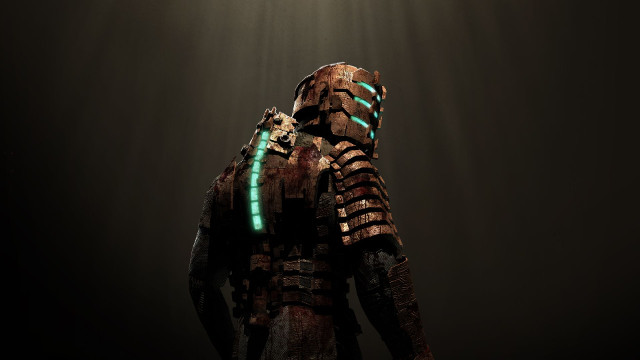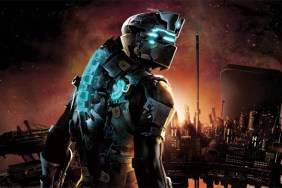Visceral Games, the studio behind the futuristic survival horror franchise Dead Space as well as the God of War-inspired Dante’s Inferno was officially shut down by its parent company Electronic Arts last month. In other words, Dead Space is dead, and that’s a total bummer. Though not even EA‘s most controversial decision this year (they have the furore surrounding Star Wars Battlefront 2 to thank…

Atlas is an action-rpg with rogue-like elements where you use your ability to control the ground to fight the enemies and move through procedurally generated worlds.










